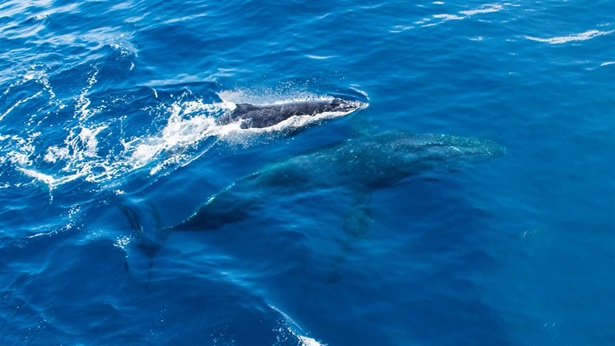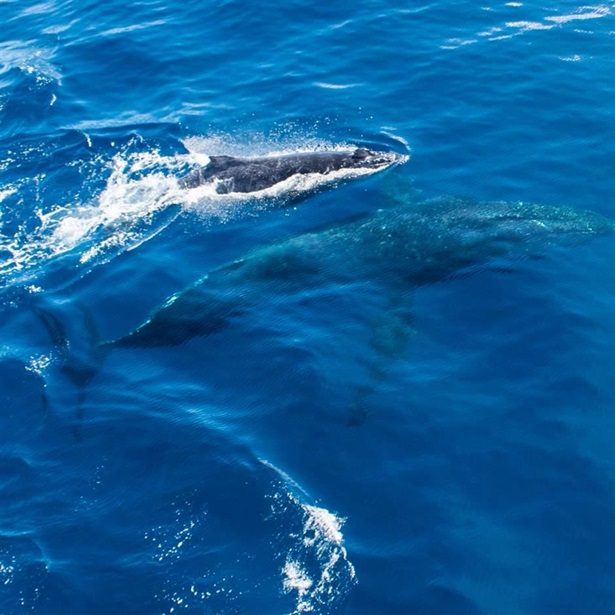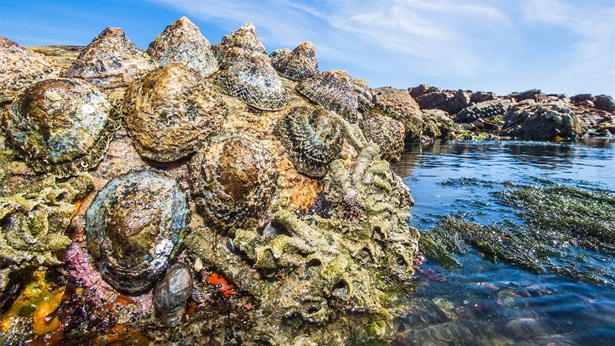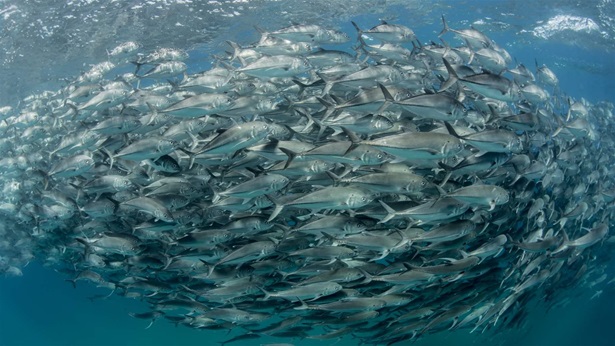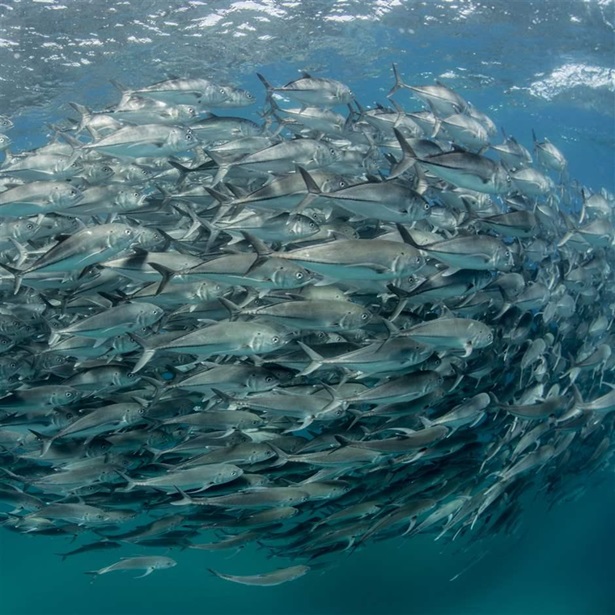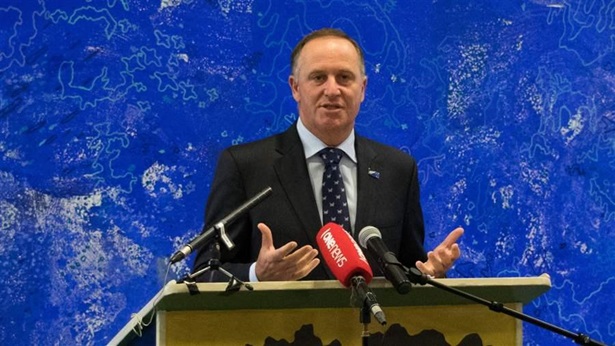The waters of the Kermadec Rangitāhua region in the South Pacific, approximately 1,000 kilometers (621 miles) northeast of New Zealand’s North Island, teem with life, ranging from resident sea turtles and sharks to migrating dolphins and whales.
The area’s unique geological features, which include the world’s longest arc of underwater volcanoes, hydrothermal vents, and the second-deepest ocean trench on Earth, support millions of seabirds, hundreds of fish species, and more than 250 species of coral and aquatic invertebrates.
For millennia, this island arc—part of New Zealand’s outlying islands—has remained near pristine, but it could face threats in the future from climate change and human activity, including resource exploitation. The establishment of a large-scale marine protected area (MPA) surrounding the entire Kermadec Rangitāhua region not only would protect marine life but also would honor the islands’ cultural and spiritual significance to iwi (Maori tribes), who have ancestral links to the region. The Kermadec/Rangitāhua Ocean Sanctuary bill—legislation that could secure protections for this diverse ecosystem—awaits debate in New Zealand’s Parliament. If passed, the bill would create one of the world’s most significant fully protected marine areas.
Pew Bertarelli Ocean Legacy Project
The Pew Charitable Trusts and Dona Bertarelli created the Pew Bertarelli Ocean Legacy Project, with the shared goal of establishing the first generation of ecologically significant, large, and effective marine protected areas (MPAs) around the world. Today, the Pew Bertarelli Ocean Legacy Project also seeks to connect MPAs and help conserve key migratory species and entire marine ecosystems. These efforts build on more than a decade of work by Pew and the Bertarelli Foundation, led by Dona Bertarelli, to create large-scale, highly or fully protected MPAs. Between them, they have helped to obtain designations or commitments to safeguard nearly 12.6 million square kilometers (4.8 million square miles) of ocean by working with communities, local leaders, philanthropic partners, Indigenous groups, government officials, and scientists. Dona Bertarelli is a philanthropist, investor, sportswoman, and strong advocate for ocean conservation. The Pew Charitable Trusts is driven by the power of knowledge to solve today’s most challenging problems, including the need for effective marine conservation.
Project Goals
With designation of this MPA, the federal government, alongside iwi and other citizens of New Zealand, could safeguard 15% of the country’s exclusive economic zone, preserve marine life, improve ocean health, and recognize the multitude of ways in which these waters are linked to the ancestral culture and the health and well-being of future generations.
The Pew Bertarelli Ocean Legacy Project is committed to working with the iwi people, scientists, nongovernmental organizations, community leaders, and government officials to secure increased protections for the Kermadecs’ waters. Over the past 10 years, Pew has helped to sponsor numerous expeditions, host the first Kermadec science symposium, and support an exhibition on the Kermadec Islands by a group of leading South Pacific artists. Pew continues to help facilitate the amplification of Indigenous voices advocating for stronger marine protections in the region.
